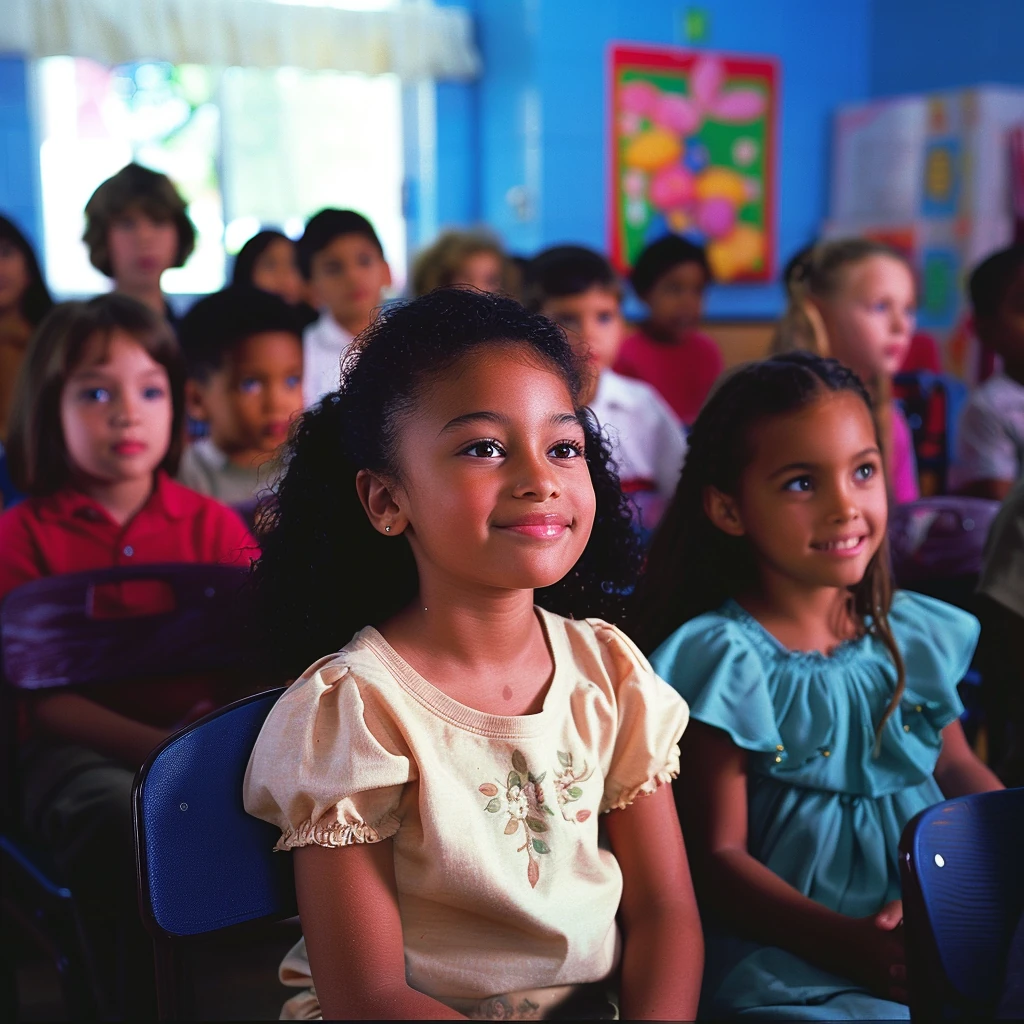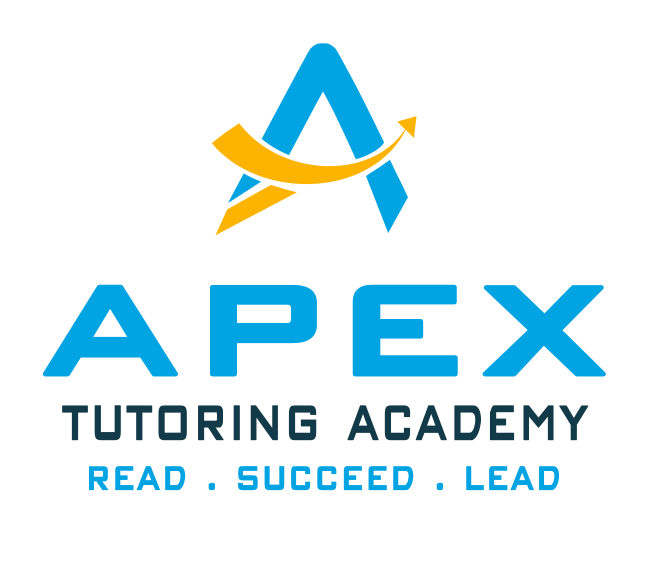Group Tutoring Q & A

Questions and Answers for Parents Considering Group Tutoring
Will my child get enough individual attention in a group setting?
Absolutely! Group tutoring is designed to balance personalized attention with the benefits of collaborative learning. Tutors are trained to monitor each child’s progress closely and provide one-on-one support when needed. Your child will never feel overlooked and will benefit from both personalized instruction and peer interactions.
How can group tutoring address my child’s specific learning needs?
Group tutoring sessions are structured to cater to diverse learning styles and needs. Tutors assess each child’s strengths and areas for improvement, tailoring activities and lessons to meet those specific needs. The collaborative environment encourages sharing of different approaches to problem-solving, enriching your child’s learning experience.
Will my child feel embarrassed if they don’t understand something?
Group tutoring fosters a supportive and inclusive atmosphere where questions and mistakes are seen as part of the learning process. Children often feel more comfortable asking questions in a group setting, knowing their peers might have similar questions. This environment helps build confidence and reduces the fear of making mistakes.
How do tutors manage different skill levels within the same group?
Tutors use differentiated instruction techniques to address the varying skill levels within a group. Activities and tasks are designed with multiple entry points so that all students can engage meaningfully. This ensures that your child is both challenged and supported, no matter their current level.
Can group tutoring really improve my child’s grades?
Yes, group tutoring has been shown to improve academic performance significantly. The combination of peer support, varied instructional strategies, and the motivational boost from learning with others creates a powerful formula for academic success. Your child will not only understand the material better but also enjoy the process of learning.
How can group tutoring help my child’s social skills?
Group tutoring naturally promotes teamwork, communication, and social interaction. Children learn to collaborate, share ideas, and respect different perspectives. These social skills are crucial for overall development and future success. Your child will gain not only academically but also socially.
What if my child feels overwhelmed by group tutoring?
Tutors are skilled at creating a balanced and manageable learning environment. They ensure that activities are engaging and paced appropriately to avoid overwhelming any child. The group setting also allows children to support each other, creating a nurturing community that helps everyone feel comfortable and encouraged.
How will I know if my child is making progress in a group setting?
Tutors regularly update parents on their child’s progress through detailed reports and feedback sessions. You will be informed about your child’s achievements, areas needing improvement, and how they are interacting with peers. This transparent communication ensures you stay connected with your child’s educational journey.
Is group tutoring as effective as one-on-one tutoring?
Group tutoring can be even more effective than one-on-one tutoring because it combines the benefits of individual attention with collaborative learning. Children often thrive when they learn with and from their peers, gaining insights and motivation that might not be possible in a one-on-one setting.
How do tutors keep children engaged in a group setting?
Tutors use a variety of interactive and dynamic teaching methods to keep children engaged. These include games, group projects, discussions, and hands-on activities. The diversity of activities ensures that learning is always exciting and that children remain actively involved.
Will group tutoring fit into our busy schedule?
Group tutoring sessions are often more flexible than traditional classroom settings, with various time slots to accommodate different schedules. Tutors work with parents to find convenient times that fit into the family’s routine, making it easier to integrate into your child’s life.
What if my child doesn’t get along with others in the group?
Tutors are trained to manage group dynamics and foster a positive and respectful learning environment. If conflicts arise, they are addressed promptly and constructively. The goal is to create a harmonious group where every child feels valued and supported.
How can I be sure the group tutor is qualified?
Group tutors are carefully selected for their qualifications, experience, and passion for teaching. They undergo rigorous training and continuous professional development to ensure they can provide the highest quality of education. You can trust that your child is in capable and caring hands.
What is the optimal group size for effective learning?
Effective group tutoring typically involves small groups, usually between 4-8 students. This size allows for meaningful interaction among students while ensuring that the tutor can provide adequate attention to each child. Your child will benefit from both individual and group learning experiences.
Can group tutoring sessions be customized to my child’s interests?
Yes, tutors often incorporate students’ interests into the learning process to make it more engaging and relevant. Whether it’s through themed activities, real-world applications, or integrating hobbies, the sessions are designed to resonate with each child’s unique interests.
How will group tutoring help my child stay motivated?
Learning in a group setting naturally boosts motivation as children inspire and encourage each other. The collaborative environment creates a sense of belonging and purpose, making learning more enjoyable. Your child will be motivated by both the tutor’s guidance and their peers’ enthusiasm.
What if my child has special educational needs?
Group tutoring can be highly beneficial for children with special educational needs. Tutors are trained to provide differentiated instruction and create an inclusive environment where every child can thrive. Your child will receive the support they need while benefiting from interacting with peers.
How do tutors ensure that all children participate equally in group sessions?
Tutors use various strategies to ensure equal participation, such as rotating leadership roles, using collaborative tools, and designing activities that require input from all students. This ensures that every child has a voice and feels included in the learning process.
Will group tutoring help my child develop independent learning skills?
Yes, group tutoring encourages children to become more independent learners. By working with peers and receiving guidance from the tutor, children learn to take initiative, solve problems collaboratively, and build critical thinking skills. These are essential for lifelong learning.
How can I support my child’s learning outside of group tutoring sessions?
Parents can support their child’s learning by staying involved, providing a conducive study environment, and encouraging curiosity. Tutors often provide resources and suggestions for activities that parents can do at home to reinforce what is learned in group sessions. Your active involvement will complement the group’s efforts and enhance your child’s educational experience.
Choosing group tutoring for your child means choosing a supportive, engaging, and effective learning environment. Your child will thrive academically, socially, and emotionally, gaining skills that will benefit them for a lifetime.
Enroll Your Child Now
Unlock the potential of collaborative education with our group learning tutorials. Designed for children in grades 3 and 4, our engaging resources foster teamwork, critical thinking, and a love for learning.
Enroll Now

